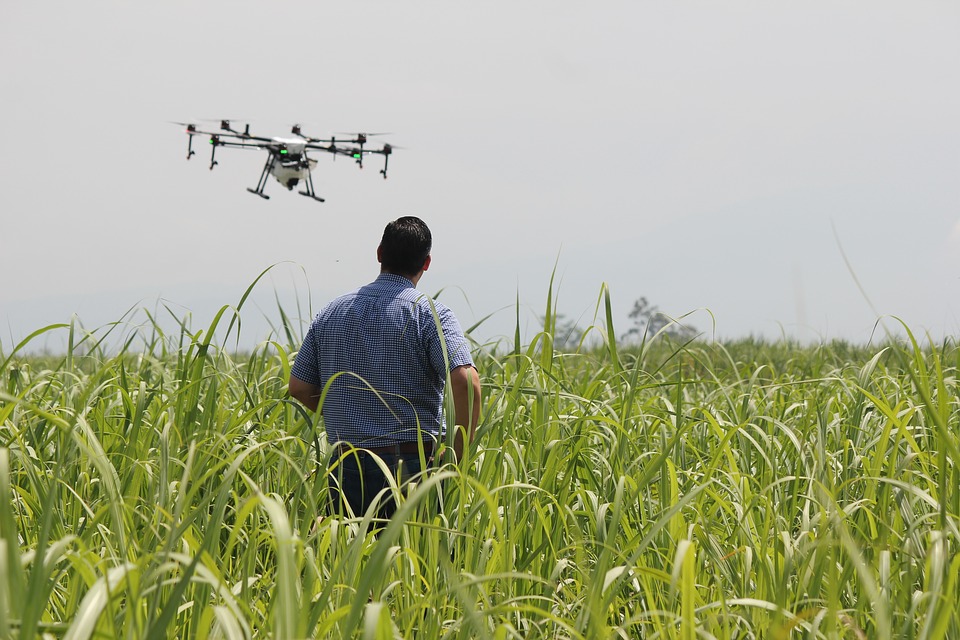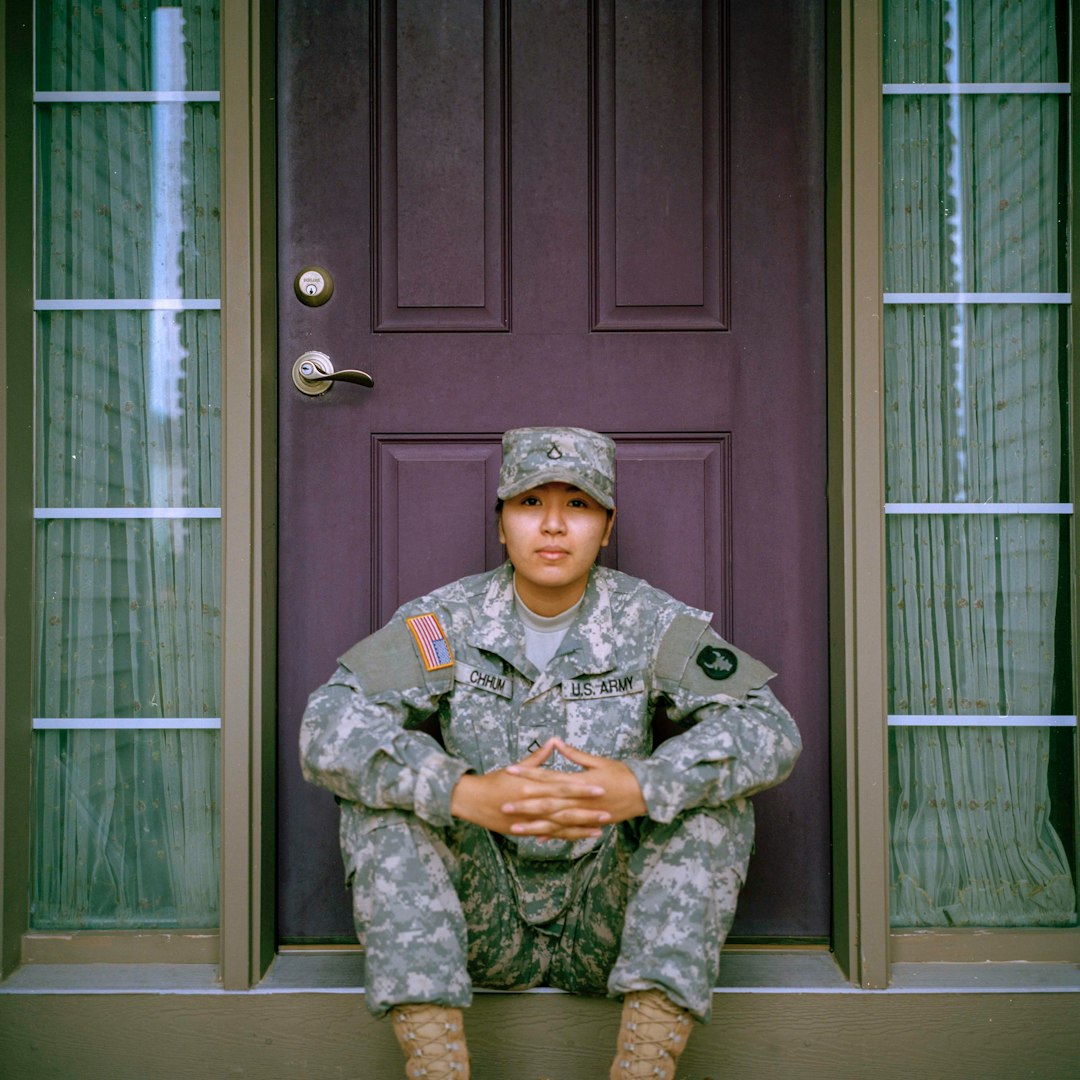Using drones for commercial applications fall under the scope of the FAA. Under their rules, individuals must obtain a Remote Pilot Certificate to utilize these small unmanned aerial systems. This is to ensure that pilot understand the operating requirements, safety procedures, and current regulations governing their flights. Existing Part 61 Certificate holders must renew by completing a flight review in the past 24 months, passing a recurrent knowledge test, and submitting relevant documents. First-time pilots, meanwhile, will have to get a certificate and register their drones according to the process. Below is a list of the requirements:
Eligibility
Pilots must be at least 16 years of age to be certified drone operators. Since the instructions will be in English, the students should be able to read, write, speak, and understand the language. They should be in a suitable mental and physical condition to perform safe flights. Lastly, they should pass the first aeronautical knowledge exam. This tests their familiarity with the regulations that govern aerial systems and other important facts. The drone pilot certificate should be easily accessible to the pilot during all of their UAS operations. It has a limited validity of 2 years, after which they must retake the test.
Test Topics
In order to pass the exam, takers must brush up on the regulations governing small unmanned aircraft systems. These include flight operation, privileges, and limitations. They should be aware of airspace classification and the operating requirements, as well as the restrictions on UAS. Sources of weather information for aviation should be memorized. How weather affects drone performance must be understood. Loading and its effects are also crucial in ensuring safe operation. In case of emergency, pilots must know exactly what to do to prevent their units from getting lost or damaged.
The resources of the crew must be managed efficiently. Pilots must be aware of the procedures when communicating over the radio to other pilots and aviation personnel to prevent misunderstandings. They should be familiar with airport operations. They must know how to gauge the performance of small UAS. They must demonstrate excellent judgment and decision-making when it comes to facing aeronautical problems. Pilots must have a firm grasp of the physiological effects of alcohol and drugs on the body so that they instinctively avoid these. Lastly, they must know how to maintain their machines and conduct preflight inspections.
Drone pilot certification is a challenging but necessary part of commercial drone flights.





